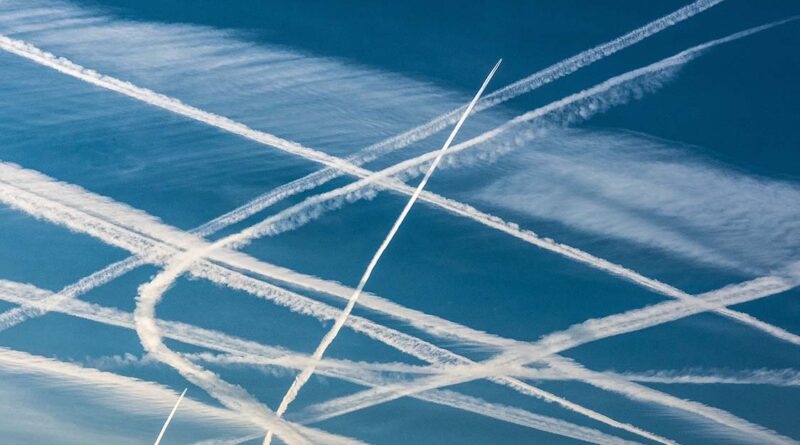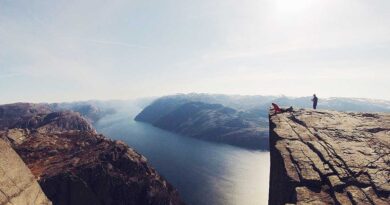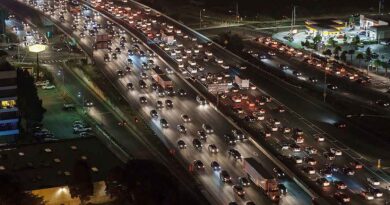More Under The Sky
By Gord Ball – Special to SUNonline/Orillia
Sustainable Orillia’s book review of Under the Sky We Make: How to be Human in a Warming World by Kimberly Nicholas focused on a personal story which emerged from the author’s exploration of climate change. It illustrated as her awareness grew of how her own practices and actions were contributing to emissions which cause increasingly destructive characteristics of our climate and weather and she resolved to take action to change her lifestyle – something that all of us must try to do in the months and years to come.
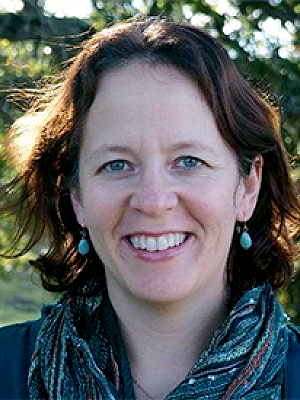
Nicholas also laid out the evidence carbon emissions are indeed speeding us toward a world in which weather-related crises – floods, droughts, hurricanes, tornadoes, excessive heat, and fires – will become more frequent and destructive, eventually causing major migrations of millions of people and the civil unrest that such movement could cause. In fact, is happening already. She does so, however, with a calmness that comes from her optimism the human race can, and will, do what is necessary to reduce emissions and by doing so, prevent the worst consequences of climate change from happening.
Out of that calm optimism she lists actions that individuals and families need to take to reduce personal emissions as well as to encourage more widespread emissions reductions from industry, transportation and trade. Some of her suggestions are ones you’ve heard before:
- To cut your personal climate pollution quickly, go flight-free, car-free, and meat-free. Start with the one that feels most feasible for you. If you can’t totally go without, aim to cut your use at least in half.
- If you fly often, try to reduce your flights. Stay on the ground.
- Consider getting solar panels and making your home more energy-efficient. (NOTE: A heat pump can now do both the heating and cooling of your home—and being electric, no emissions are created.)
The are some others you may not yet have thought of doing:
- Grow some of your own food. Share a garden with others.
- Support ending fossil fuel subsidies in all their forms. Call or write your MP.
- Stop all forms of investment in fossil fuels immediately. Direct that money to invest in clean energy. Write letters. Make a call or two. Talk to your banker.
- Support or start campaigns for your school, workplace, pension, city, and etc. to divest from fossil fuels.
- Ask your employer to develop and implement a plan to de-carbonize their operations and industry.
- Get active in climate organizations and social movements, create media attention, and participate in nonviolent demonstrations and creative actions.
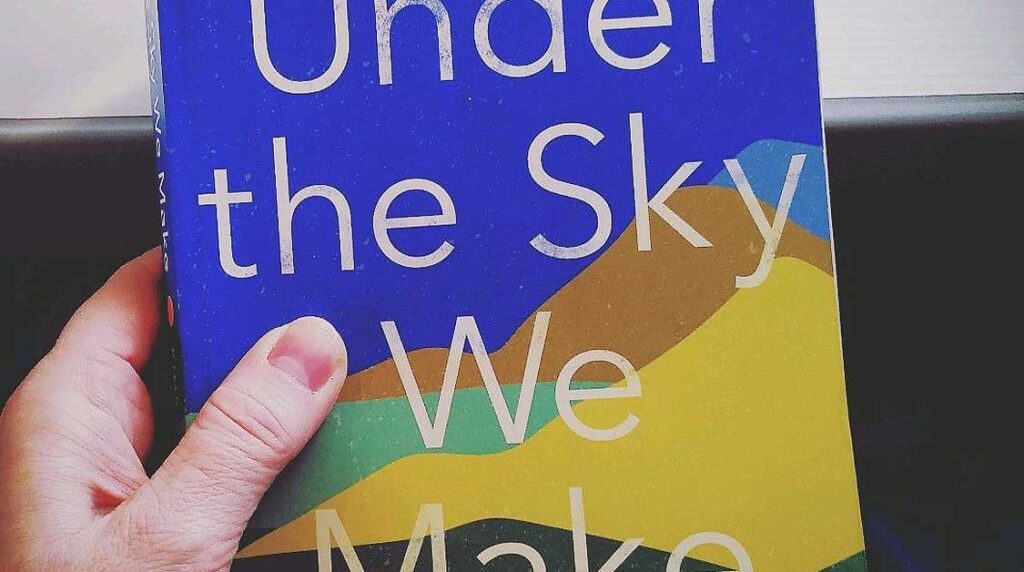
While the book is rich in suggestions for how and why we must go about tackling the climate crisis, two quotations from the book capture the core of her appeal. The first is a call for a clear-eyed look at what we’re facing:
“The financial case for climate action is overwhelmingly clear, and the costs of inaction are intolerable. Beyond dollars and cents, home and livelihoods and ways of life, even whole cities and countries are at risk from climate loss. These are prices that are too high to pay. We simply can’t afford not to fix it. We just can’t expect that climate change will be solved through economic tools alone. We have to retool our economy to protect what we really value most, by keeping fossil fuels in the ground while increasing resilience to face the risks already elevated from warming.” (pg. 212)
The second is a call to arms with a unique observation:
“Look around you: your family and neighbours, your coworkers and classmates, leaders at all levels. This is the team. We are it. It’s the next decade that’s critical in setting the global thermostat, so the fate of the world is in the hands of those of us alive right now. We have this awesome power and responsibility because we are the last stewards of humanity’s nearly exhausted carbon budget. We don’t have time to wait for someone else…
We cannot make it the next generation’s burden to bear our failures. The true greatest generation has not gone before. We are and must be the greatest generation. Those of us who happen to be alive here and now must make what is necessary possible… this is the story we are called to write.” (pg. 240)
Will humanity answer this call? Can we see ourselves as the greatest generation? Will the people of Orillia, of Ontario, of Canada, of the world—take up this challenge? Do we really want to imagine the world that will result if we don’t? We really recommend the book be widely read in our community and it can be ordered at Manticore Books.
(Images Supplied)

